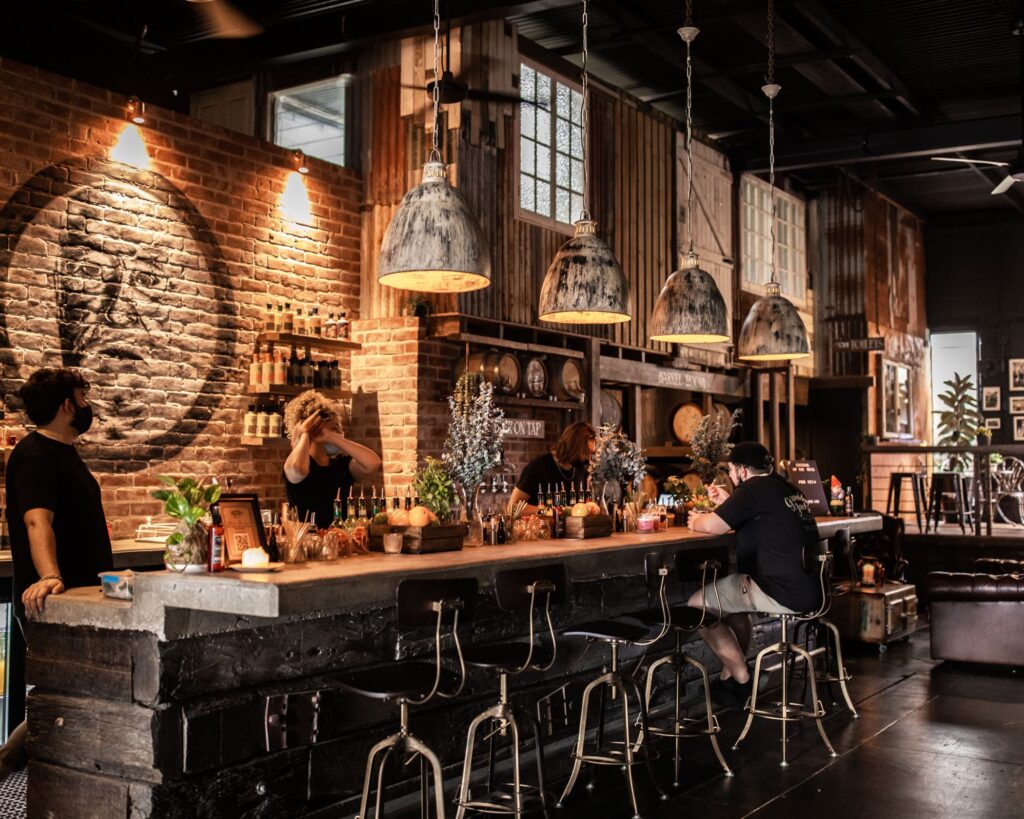In 2020, due to pandemic restrictions, the hybrid work genie flew out of the bottle. Those who never had a taste of work-from-home freedom got it. And many didn’t want to give it up.
But for others, hybrid work brought on challenges such as feelings of isolation from teams.
As the world eases back into normalcy with the return of travel and in-person interaction… Will hybrid work stick around?
To answer this, we’ll look into the benefits and challenges of hybrid work. And examine some of the data around flexible work models and the future.
What Are The Benefits of Hybrid Work?
Flexibility and Balance
Working from home a few days a week can deliver work-life balance for some. For many, hybrid work can reduce time spent commuting to the office. And that time can be redirected towards family, friends, and self-care.
For some staff, hybrid work facilitates more productivity and job satisfaction. And the hybrid work model can provide more flexibility and control over the way they work. Also, remote work days can remove in-office distractions to provide space for deep work sessions.
Improved Retention and Hiring
2 out of 5 staff will consider non-flexible work arrangements to be a deterrent when applying for a job, according to a report from Swinburne University.
The report also shows that work flexibility is an important factor in staff retention. 73% of knowledgeable, high-performing staff members want flexibility in their work arrangements.
So, having hybrid work models in place can potentially attract more applicants when hiring. And hold onto top performers.
What Are The Challenges of Hybrid Work?
Working From Home Doesn’t Suit Everyone
Some staff will thrive with hybrid work arrangements. But for others, it can bring on challenges. Some issues people face are:
- An inappropriate home office setup
Not having the right equipment to get the job done can be a pain. And quite literally! Ergonomics are important. Incorrect workspaces can contribute to chronic pain and increased sick days.
- Too many distractions
Whether it’s the kids, pets, or your partner vying for attention… For some, productivity can dip due to at-home distractions.
- Feeling isolated
Working autonomously at home can make some staff feel cut off from office camaraderie and connection.
To address these issues, you could consider staff access to ergonomic office equipment under company wellness programs. And the number of off-site and in-office days could be individually tailored based on staff preference and performance.
Also, leveraging programs like Asana, and Slack can help teams to keep in touch, and manage tasks, and productivity.
Decreased Engagement
Sometimes screen interaction just isn’t the same. And workers agree. Swinburne’s study found that 91% of staff want in-person office time during their work week.
Also, workplace socialising creates strong team bonds and contributes to job satisfaction. Team social outings can boost morale, togetherness, and productivity. And if you’re stumped for ideas, we’ve got plenty of day-trip experiences to choose from.
Some tasks call for in-person meetings and collaborative brainstorming sessions. Consider annual corporate retreats and destination meetings to get the creative juices and conversation flowing.
Unclear Parameters and Structures
When the pandemic hit, many were left scrambling to create off-site work arrangements. And in this haste, clear parameters and structures didn’t always get set.
Making sure processes, expectations and systems are clear for staff can alleviate many of the hybrid work issues outlined above.
Get staff together to see what’s working, what isn’t, and what can be done to improve. Hey, that sounds like the perfect opportunity for a work retreat!
So, Is Hybrid Work Here To Stay?
In a word, yes. The future of work is flexible. Workers are increasingly looking for employers with flexible work arrangements and dedication to wellness and work-life balance.
For employers to attract and retain top-notch talent, they’ll have to deliver the goods. And a well-planned hybrid work model with inbuilt structures for connectedness and team socialising will put employers ahead of the curve.
Make connectedness and team socialising a high priority for an optimal hybrid work model. Contact us today for help planning your next corporate event. We’ve tracked down the best in food, drink, and scenic views from Brisbane to Byron so you don’t have to.




